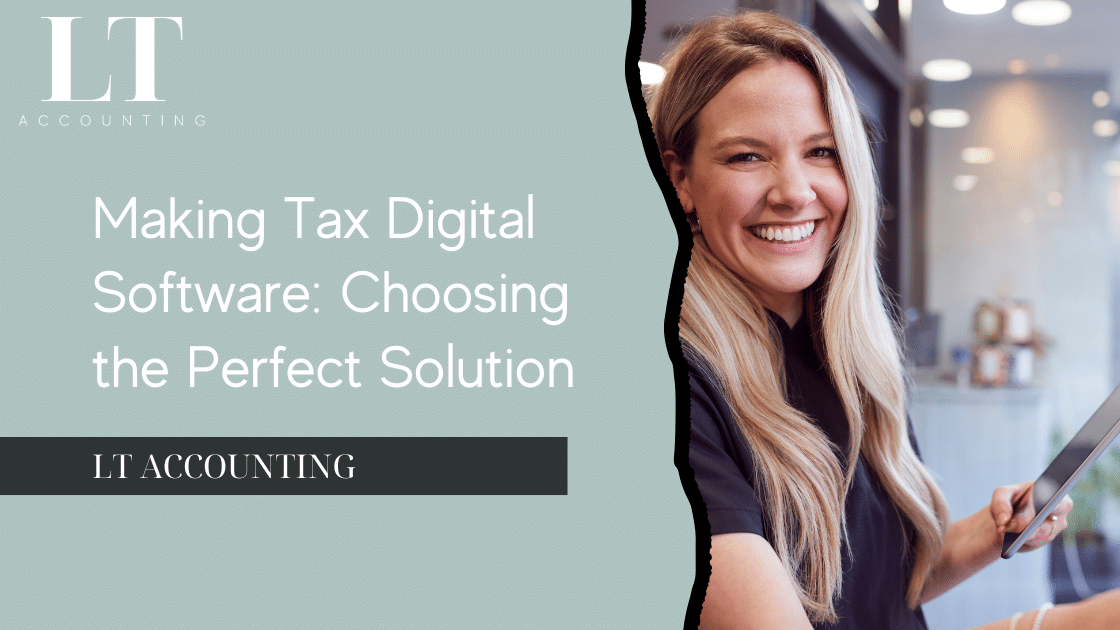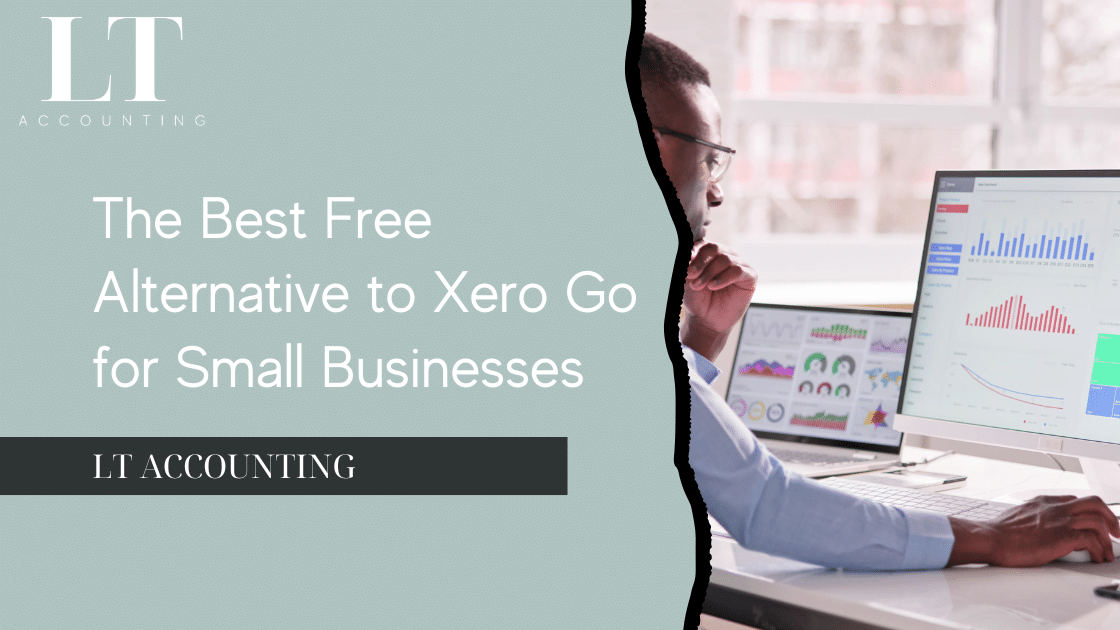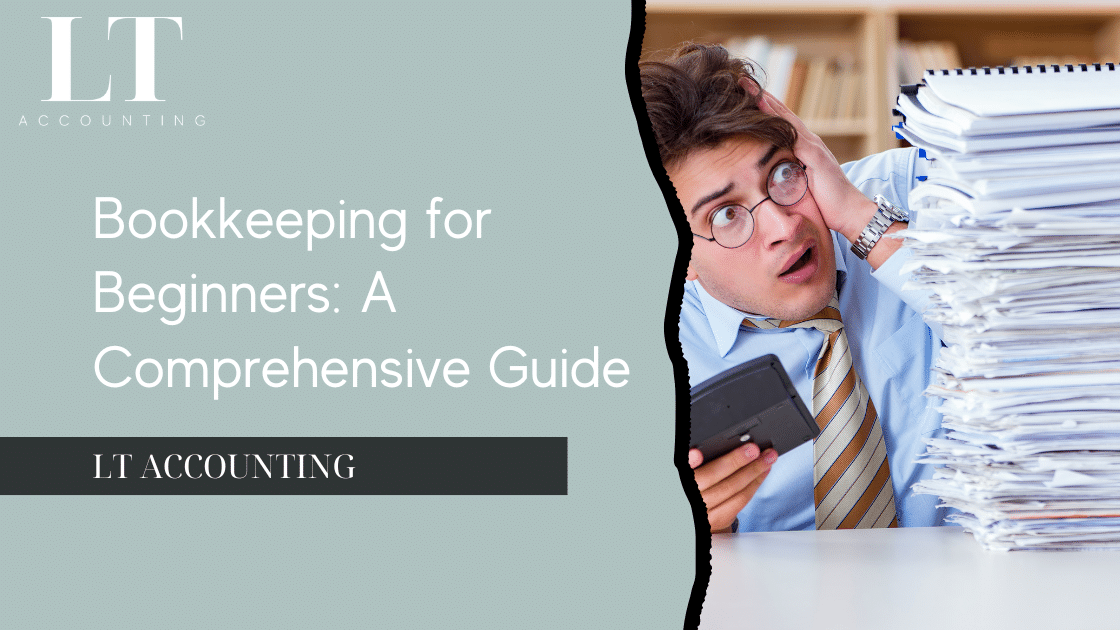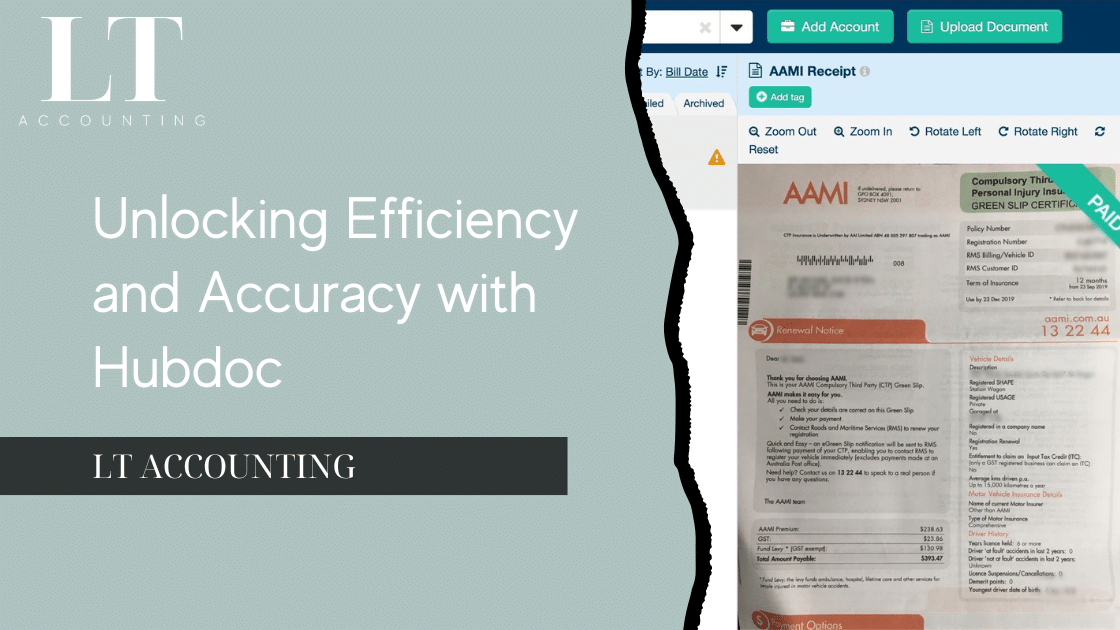What is cash basis accounting? It is one of the fundamental accounting methods utilised by businesses to record their financial transactions. It is particularly favoured by small businesses and sole proprietors due to its simplicity and straightforward approach. Unlike the accrual basis accounting method, which records income and expenses when they are earned or incurred, cash basis accounting recognises transactions only when cash changes hands. This article delves into the specifics of cash basis accounting, its advantages and disadvantages, and its applicability to different types of businesses.
Definition of Cash Basis Accounting
Cash basis accounting is an accounting method where revenues and expenses are recorded at the time they are actually received or paid, respectively. This method does not consider accounts receivable or payable. For instance, under cash basis accounting, if a company receives a payment for services rendered in January, the income is recorded in January, irrespective of when the services were performed.
The fundamental principle behind cash basis accounting is its focus on cash flow. By only recognising actual cash transactions, this method provides a clear picture of the cash available to the business at any given time. This is crucial for businesses that need to closely monitor their cash reserves to ensure they can meet their financial obligations.
Advantages of Cash Basis Accounting
- Simplicity: Cash basis accounting is straightforward and easy to implement. It requires less accounting expertise compared to accrual basis accounting, making it ideal for small businesses and individuals without a dedicated accounting team.
- Improved Cash Flow Management: Since this method tracks actual cash flow, it provides a real-time view of the business’s cash position. This helps business owners make informed decisions about spending and investments.
- Tax Benefits: For tax purposes, cash basis accounting can be beneficial as taxes are only paid on income that has actually been received. This can help manage tax liabilities, particularly if a business experiences delays in receiving payments from customers.
- Cost-Effective: Due to its simplicity, cash basis accounting often incurs lower accounting and administrative costs. There is less need for extensive accounting software or services.
Disadvantages of Cash Basis Accounting
- Lack of Accuracy in Financial Reporting: Cash basis accounting does not provide a complete picture of the business’s financial health. It ignores accounts receivable and payable, which can lead to an inaccurate representation of the business’s financial position.
- Not GAAP-Compliant: Cash basis accounting is not compliant with Generally Accepted Accounting Principles (GAAP), which are required by larger businesses and publicly traded companies. This limits its applicability to smaller, privately held businesses.
- Difficulty in Long-Term Planning: Since cash basis accounting focuses on short-term cash flow, it can be challenging to use this method for long-term financial planning and forecasting. Businesses may find it harder to predict future revenues and expenses accurately.
- Limited Usability for Certain Businesses: Businesses with significant inventories or those that provide credit to customers may find cash basis accounting inadequate. The method does not account for inventory changes or outstanding invoices, which are crucial for these types of businesses.
Small Businesses Cash Basis Accounting
Cash basis accounting is most suitable for small businesses, sole proprietors, and freelancers who do not deal with complex transactions or large volumes of credit sales. The UK tax laws allow businesses with an annual turnover of £150,000 or less to use cash basis accounting for their tax returns, making it an attractive option for small enterprises.
However, businesses that require detailed financial reporting, have significant inventory, or extend credit to customers may find accrual basis accounting more appropriate. Additionally, any company that plans to seek external financing or investment may need to switch to accrual accounting to provide a more accurate and comprehensive financial picture to potential investors or lenders.
Transitioning from Cash Basis to Accrual Basis Accounting
For businesses that start with cash basis accounting but grow to a point where accrual accounting becomes necessary, transitioning between the two methods can be complex. It involves recognising all accounts receivable and payable, adjusting for prepayments, and ensuring all financial statements are restated according to accrual accounting principles. This transition often requires the assistance of accounting professionals to ensure accuracy and compliance with accounting standards.
So What Is Cash Basis Accounting?
Cash basis accounting offers a simple and effective way for small businesses to manage their finances, providing a clear view of cash flow and aiding in day-to-day financial decisions. However, its limitations in financial reporting and planning mean it may not be suitable for all businesses. Understanding the specific needs of the business and the requirements of financial reporting is crucial in determining whether cash basis accounting is the right choice. As businesses grow and their financial activities become more complex, they may need to adopt more sophisticated accounting methods to ensure comprehensive and accurate financial management.





